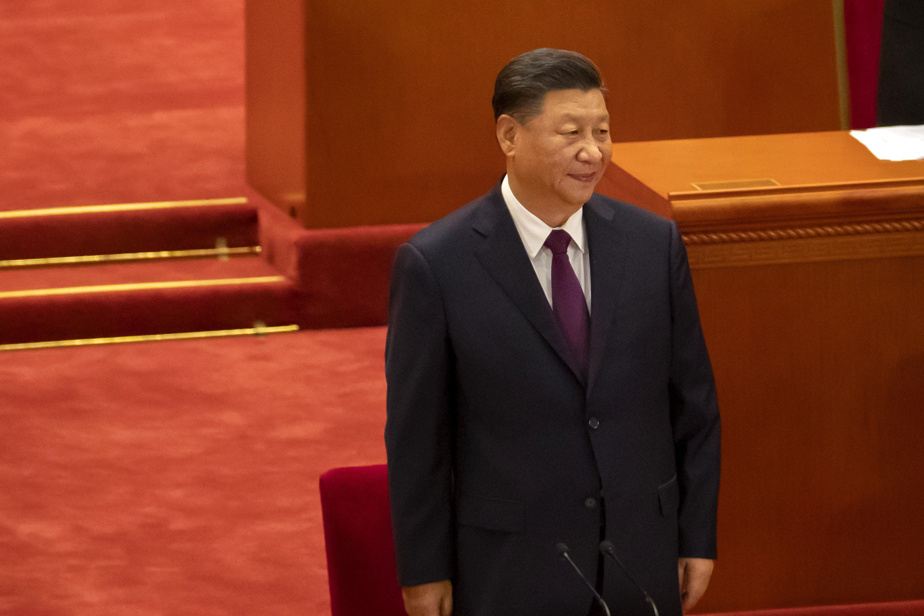What is the significance of the Chinese regime’s interference in the political process of Canada and other Western democracies?
Why is Beijing (Beijing) making unprecedented – and unacceptable – efforts to control the actions of the Chinese diaspora here and elsewhere?
All of this, explains journalist Joanna Chiu, is a relentless strategy. The idea is to build a new world order that will replace the current system, where the United States plays a fundamental role.
The problem is that the Chinese regime is instead proposing a “global disorder”, as the title of the essay suggests, the French translation of which could not be better suited.
A disorder of which the liberal democracies are paying the price.
The Canadian government is currently embroiled in a series of controversies related to multiple Chinese interference attempts. And what the Toronto Star reporter demonstrates is that our country is no exception.
“Canada offers a concrete example of the consequences of China’s behavior toward middle powers — and what happens if a state fails to protect its citizens,” she writes.
Beijing has an official agency, the United Front Labor Department, whose mission is to “target non-Communist people and organizations internationally with a view to bringing influential individuals and groups to defend the interests of of the Chinese Communist Party”.
And Joanna Chiu offers us a real world tour, which allows us to explore with her several countries – and individuals – who are caught in the nets of Beijing’s global interference system.
We first follow her in Hong Kong and mainland China, where she shows us the devastation and reach of the Chinese police state. She does not go to Xinjiang to tell us about the drama experienced by the Uyghur minority, but it is just like; exiles she meets in Türkiye describe their nightmare in detail.
The central part of his book is about middle powers. Canada, of course. Australia where we struggle much more than in Ottawa not to submit to the dictates of Chinese power.
And, at the antipodes, Italy and Greece. Two countries in Europe where the “checkbook diplomacy” practiced by Beijing has worked wonderfully in recent years. The aplaventrism of the leaders of these two nations is, as she reports, appalling.
A new foreword takes stock of recent events, but later in the book, there’s some mention of Canadians Michael Kovrig and Michael Spavor still behind bars in China. And the chapter on China-Russia friendship ties was written before the war in Ukraine.
However, this does not detract from the relevance of the book.
The tentacles of the Chinese regime continue to expand, disregarding the sovereignty of Western democracies. Joanna Chiu helps us better understand the problem and offers several ways to try to solve it.
“Members of the Chinese diaspora have attempted to warn Western policymakers of Beijing’s covert maneuvers to expand its influence around the world, but most of their warnings have gone unheeded. It is only recently that the most egregious cases have elicited reactions at the highest levels. »
After being a correspondent for Agence France-Presse in Beijing and Hong Kong, Joanna Chiu is now a journalist for the Toronto Star. China and the New World Disorder, his first book, was awarded the Shaughnessy Cohen Prize for Political Writing.

